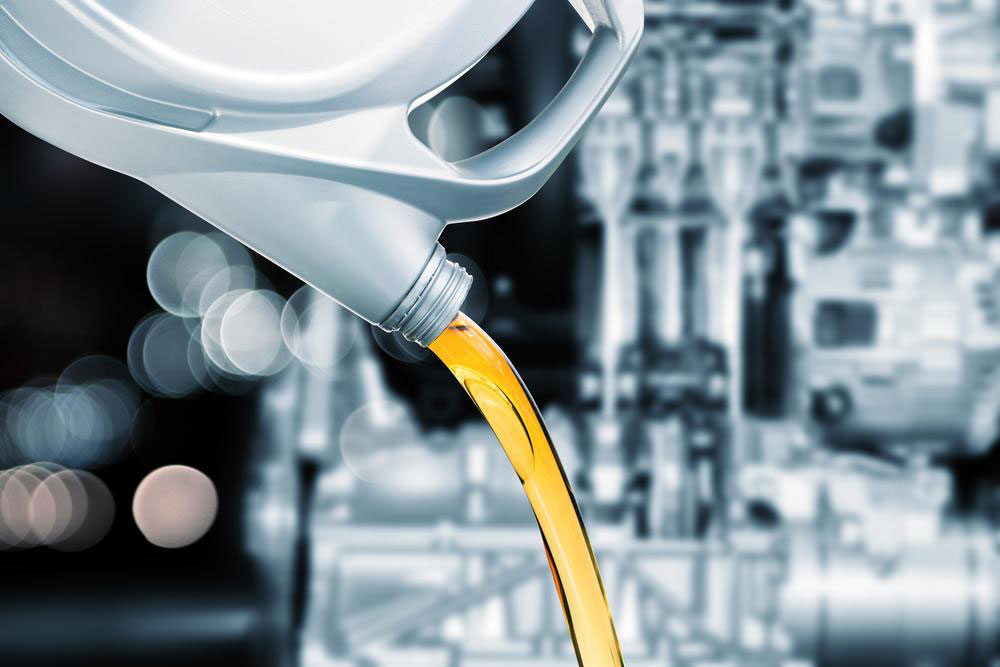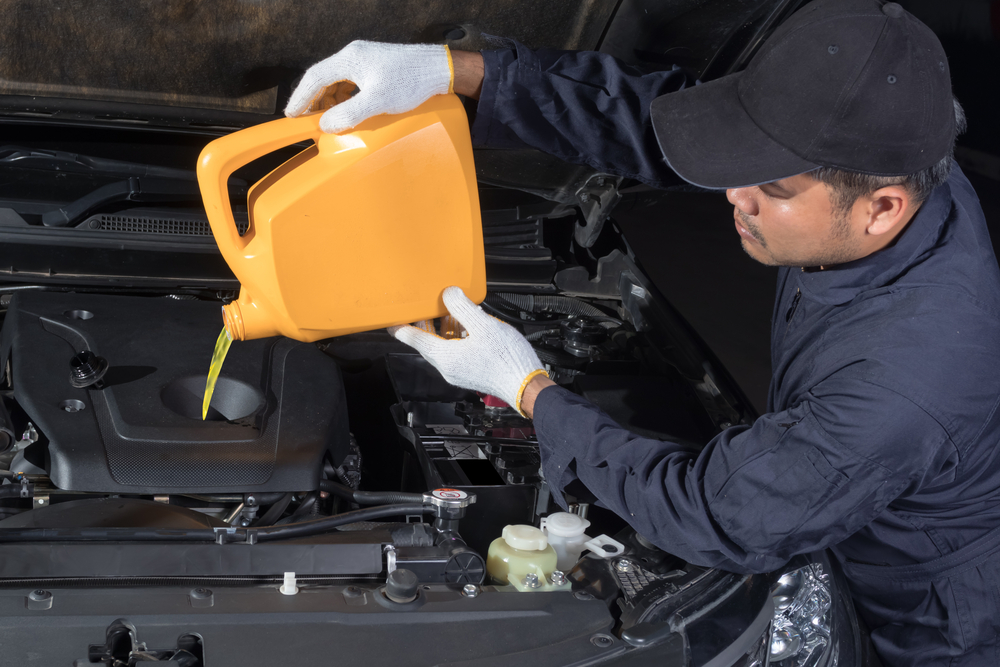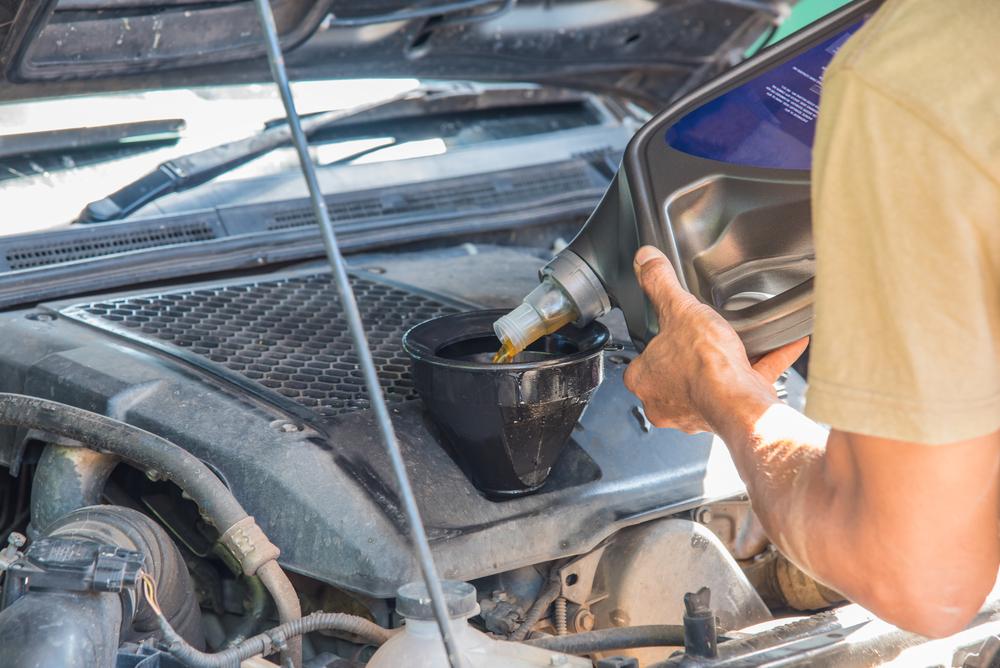Types of Automotive Lubricants and Their Importance
Discover the essential types of vehicle lubricants and their role in maintaining engine health. Learn about engine oil, grease, transmission fluid, and the importance of regular lubrication for optimal car performance. Save money with oil change coupons while ensuring your car runs smoothly and lasts longer. Proper lubrication is vital for preventing wear and tear, reducing friction, and avoiding costly repairs, making it an integral part of vehicle maintenance.

Our vehicles are an essential part of daily life, whether for commuting to work, running errands, or family trips. Maintaining your car's health is vital for longevity and performance. Just like the human body needs nourishment, your vehicle requires proper lubrication to function smoothly. Without adequate lubrication, friction can damage engine components, leading to costly repairs.
Understanding Car Lubrication
Lubrication reduces internal friction within engine parts, ensuring smooth operation and preventing overheating. Using high-quality lubricants is crucial, and keeping up with oil change coupons can help save money.
Engine Oil: The most common lubricant, replaced periodically during routine service, essential for engine health.
Transmission and Differential Oil: These lubricants are changed at regular intervals to keep the transmission functioning efficiently.
Grease: Used for components like ball joints and brake calipers, preventing wear and reducing noise.
Transmission Fluid: Keeps moving parts cool, lubricated, and free from corrosion, with leak-detecting dyes for easy identification.
Regular maintenance and timely oil changes fortify your vehicle's lifespan. Don't overlook lubrication—it's key to smooth performance and durability.









